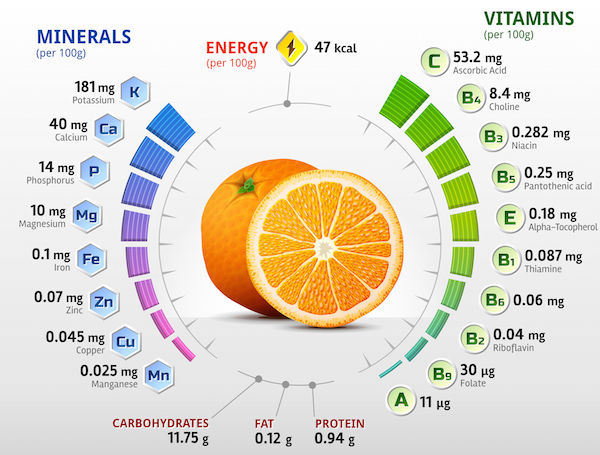
FRIDAY, Aug. 20 (HealthDay News) — Another U.S. egg producer said Friday that it was recalling eggs because they could be infected with the foodborne bacteria salmonella.
Hillandale Farms of New Hampton, Iowa, said it was voluntarily recalling 170 million shell eggs produced since April that were sent to 14 states in the Midwest and West because there have been laboratory-confirmed cases of Salmonella enteritidis associated with some of the eggs.
Hillandale said the eggs covered by its recall were distributed to grocery distribution centers, retail grocery stores and food-service companies that service or are located in Arkansas, California, Iowa, Illinois, Indiana, Kansas, Minnesota, Missouri, Nebraska, North Dakota, Ohio, South Dakota, Texas, and Wisconsin.
The eggs were distributed under the following brand names: Hillandale Farms, Sunny Farms, and Sunny Meadow in 6-egg cartons, dozen-egg cartons, 18-egg cartons, 30-egg packages, and 5-dozen cases. Loose eggs were packaged under the following brand names: Wholesome Farms and West Creek in 15 and 30-dozen tray packs, Hillandale said in a news release.
On Wednesday, Wright County Egg, another Iowa company at the center of a massive recall of eggs linked to salmonella contamination, dramatically broadened its nationwide recall to 380 million eggs.
The nationwide salmonella outbreak, which federal officials said was the largest of its type related to eggs in years, has sickened more than 250 people in at least four states. Some estimates place the number of human infections at 1,000 or more. There have been no reported deaths.
Officials could not say Friday what connection, if any, existed between the Hillandale and Wright County Egg recalls.
“I don’t know what’s caused this current situation, or what the tie is between the outbreaks in these two farms, but we need to find out,” Howard Magwire, a vice president of the national trade group United Egg Producers, told the Los Angeles Times.
The salmonella outbreak, which apparently began in May, appeared to be ongoing, the U.S. Centers for Disease Control and Prevention (CDC) said. The outbreak began several weeks before the July introduction of new federal safety rules intended to reduce the risk of salmonella in eggs, The New York Times reported.
At a news conference Thursday afternoon, federal health officials said they had received nearly 2,000 reports of salmonella poisoning from May to July. But the officials couldn’t say how many of these cases were related to the Wright County Egg recall.
However, more cases of salmonella poisoning due to infected eggs could be expected, said Dr. Christopher R. Braden, acting director of the CDC’s Division of Foodborne, Waterborne and Environmental Diseases.
“I would anticipate that we will be seeing more illnesses reported as a result of this outbreak,” he said, citing the lag in time when a person can get sick and then reports of an illness are forwarded to the CDC.
Wright County Egg products were distributed to wholesalers and food-service companies nationwide under multiple brand names: Lucerne, Albertson, Mountain Dairy, Ralph’s, Boomsma’s, Sunshine, Hillandale, Trafficanda, Farm Fresh, Shoreland, Lund, Dutch Farms and Kemps.
According to state health officials, the salmonella-contaminated eggs have sickened at least 266 Californians, 28 people in Colorado and seven people in Minnesota. Clusters of suspicious cases have also been reported in Arizona, Illinois, Nevada, North Carolina, Texas and Wisconsin, the Associated Press reported.
The U.S. Food and Drug Administration had teams on site at Wright County Egg, spokeswoman Patricia El-Hinnawy said.
In healthy people, salmonella can cause fever, abdominal cramps and diarrhea and usually lasts four to seven days. However, contamination can cause serious and sometimes fatal infections in young children, frail or elderly people, and others with weakened immune systems.
The FDA advised consumers to:
- Toss recalled eggs or return them to the store for a refund.
- See a doctor if you think you are ill after eating recalled eggs.
- Keep eggs refrigerated at all times.
- Throw out cracked or dirty eggs.
- Wash hands, utensils and preparation surfaces with soap and water after contact with raw eggs.
- Cook eggs until both the white and the yolk are firm and eat promptly after cooking.
The FDA also warned consumers not to keep eggs warm or at room temperature for more than two hours, and not to eat raw eggs or restaurant dishes made with raw, undercooked or unpasteurized eggs.
Eating undercooked eggs should also be avoided, especially by young children, the elderly and people with weakened immune systems or debilitating illness, the agency added.
Harmful bacteria such as salmonella are the most common cause of foodborne illnesses, according to federal health officials.
More information
To learn more about salmonella, visit the U.S. Centers for Disease Control and Prevention.

